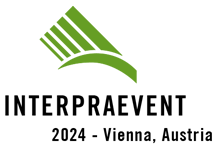Workshops
In addition to the session programme of the oral presentations, the international conference INTERPRAEVENT 2024 offers participants workshops on selected hot spot topics. The workshops are professionally designed by partner organisations, take place on a small scale (max. 70 participants) and are limited to a compact duration of 1 hour. The workshops offer a thematic introduction to current governance topics or the latest technological developments and are intended to encourage further knowledge transfer and networking.
The workshops will take place in the room "Künstlerzimmer". The participation is only possible on-site.
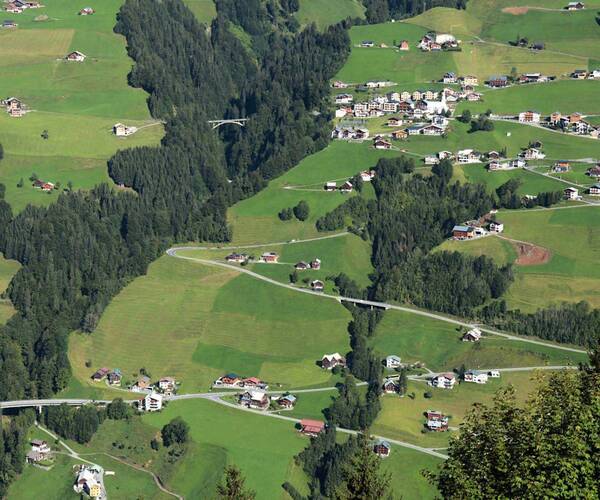
Workshop 1 I Alps as risk area: Between climate change and soil consumption
The Alpine region is under the influence of climate change, increasing natural hazard risks and progressive land use associated with massive soil consumption. The workshop will examine the challenges of this development from a European, national and regional perspective. Stakeholders from the scientific community, the European Macro-Regional Strategy for the Alpine area, the Alpine Convention and the field of regional policy will have their say.
Language: German
Time: 10 June 2024, 15:30
Organised by Technical University Vienna | Department for Land Policy and Management | Barbara Steinbrunner, Arthur Kanonier
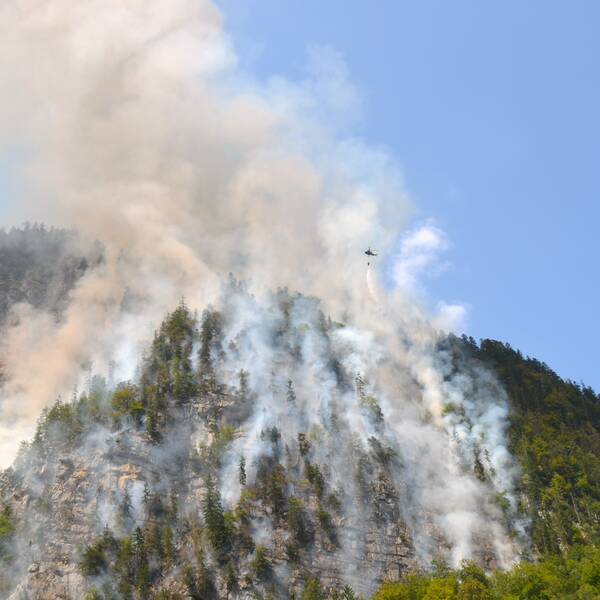
Workshop 2 I Forest Fire Risk at the Wildland-Urban Interface
Forest fires are an emerging risk in the alpine space in the context of climate change, especially in the Wildland Urban Interface (WUI), i.e. the transition zone between forest and settlement areas. This interactive workshop will focus on the vulnerability of the built environment to wildfires, and the characteristics of the surrounding forest, building surroundings and structures that contribute to damage due to wildfires. Understanding the vulnerabilities in the WUI is the first step towards its reduction, and it may contribute to wildfire prevention activities such as reinforcing buildings, setting building codes and standards, raising awareness and conducting risk assessment.
Language: English
Time: 11 June 2024, 14:30
Organised by BOKU University | Institute of Silviculture (Mortimer Müller, Harald Vacik) | Institute of Mountain Risk Engineering (Maria Papathoma-Köhle, Sven Fuchs, Pia Echtler)
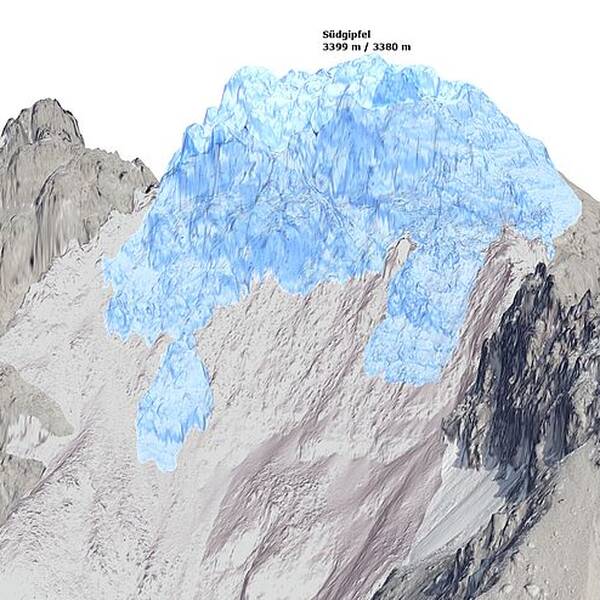
Workshop 3 I Detection and Monitoring of Alpine Landslides using Satellite-based InSAR
Interferometric Synthetic Aperture Radar (InSAR) technology offers a revolutionary approach for detecting and monitoring alpine mass movements. By analyzing radar signals bounced off Earth's surface, InSAR can detect subtle ground deformations that indicate landslides. This technology enables continuous monitoring over large areas, providing early warnings and valuable data for understanding dynamic processes in alpine environments. Cutting-edge satellites systematically measure ground movements directly, covering a wide area with high precision in millimeter-range. The information obtained is particularly important for the detection and monitoring of landslides. After a short theoretical introduction, we will discuss the potential and limits of InSAR based on practical examples like the Fluchthorn event (Austria) with more than 1.000.000 m³.
Language: English
Time: 11 June 2024, 16:30
Organised by GEORESEARCH | Markus Keuschnig
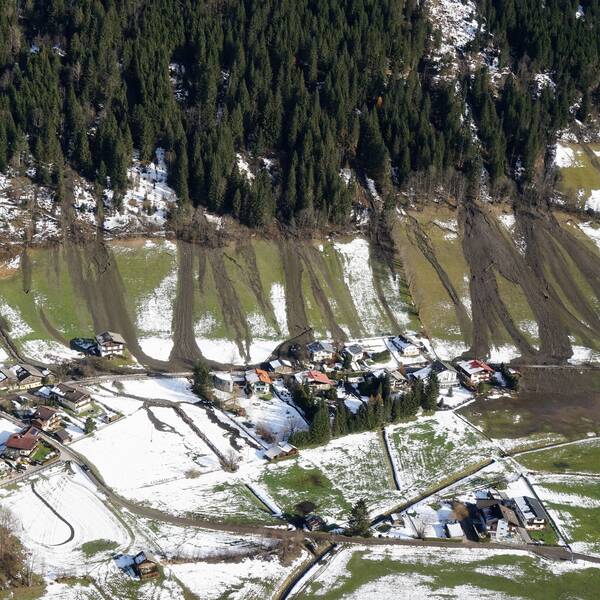
Workshop 4 I Debris flow modelling: Science meets Practice
In torrential catchment areas, the greatest risk comes from debris flows. Their analysis and numerical modelling is therefore a core task of safety planning and requires sound data collection in the field, the selection of suitable simulation models for the type of process and the calibration of these models for specific hazard zone and action planning. The Torrent and Avalanche Control and the Institute for Alpine Natural Hazards (BOKU) jointly provide an overview of the state of the art in science and engineering practice for mudflow modelling in Austria.
Language: German
Time: 12 June 2024, 14:15
Organised by Austrian Service for Torrent and Avalanche Control & University for Natural Resources and Applied Life Sciences | Markus Moser, Roland Kaitna
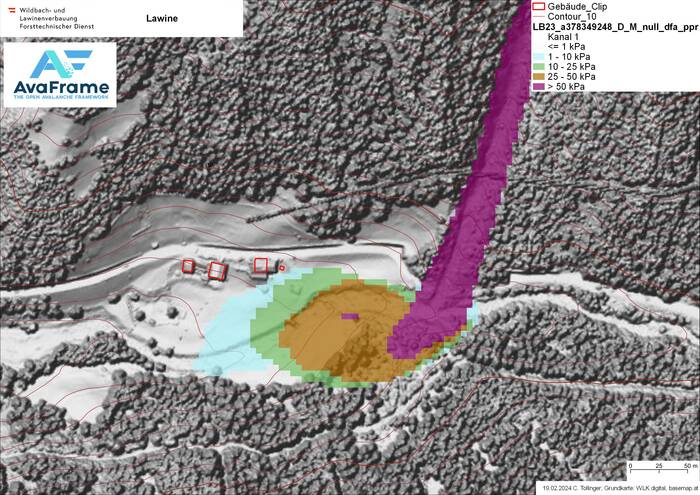
Workshop 5 I The Austrian Open Source Avalanche Model AVAFRAME
The new Austrian avalanche model AvaFrame was developed on an open source basis to promote transnational cooperation and development. The workshop provides an insight into this new development and the experience gained from its application in engineering practice. It shows the new approach and the advantages of an open source development concept for simulation software.
Language: English
Time: 12 June 2024, 15:30
Organised by Federal Research Centre for Forests | Felix Oesterle
